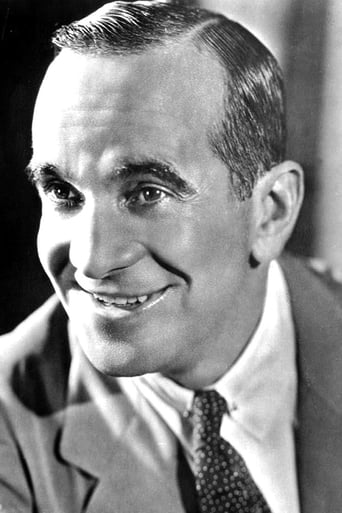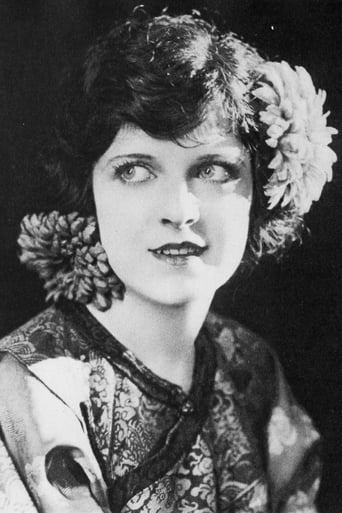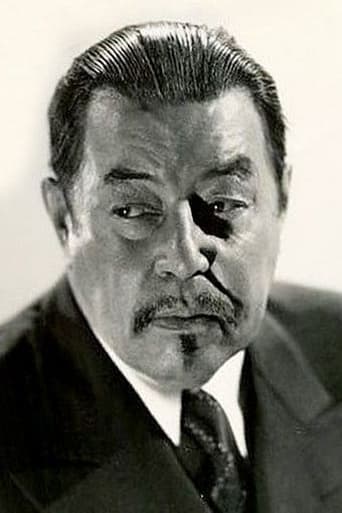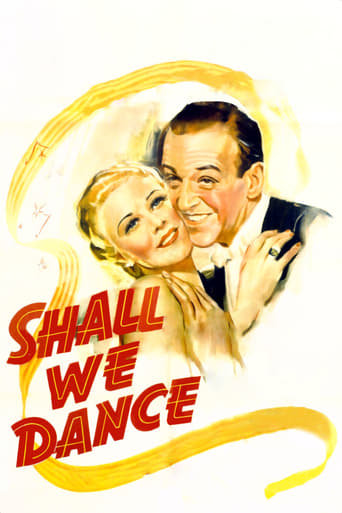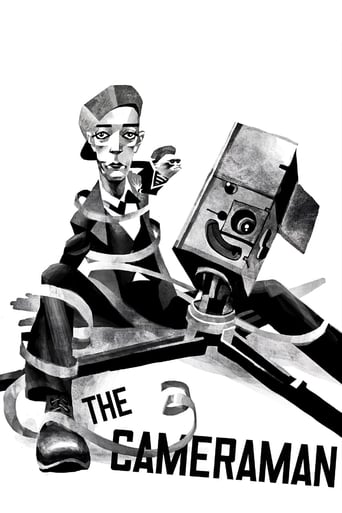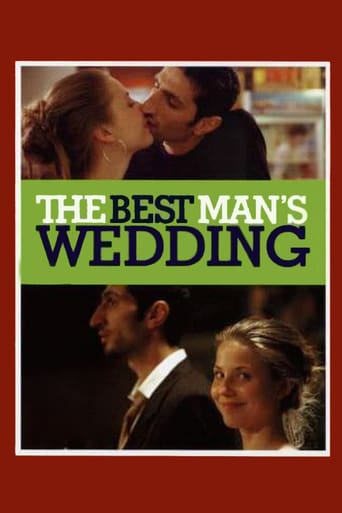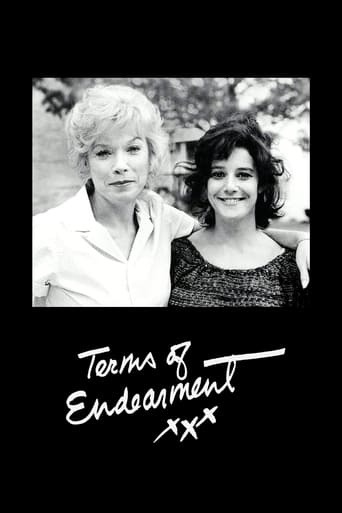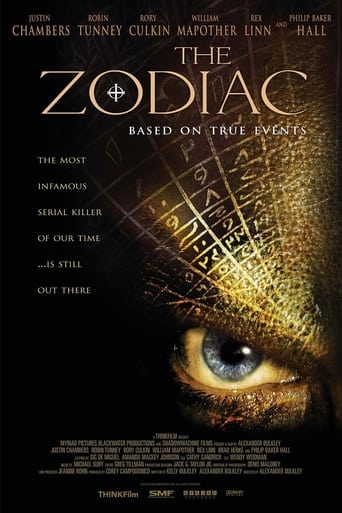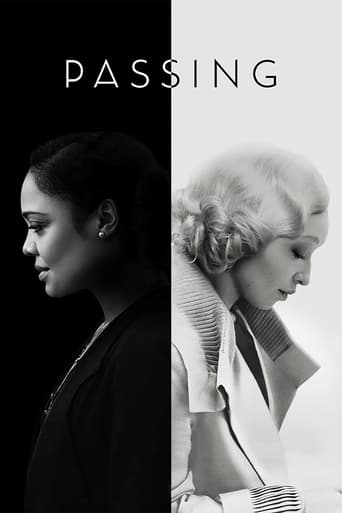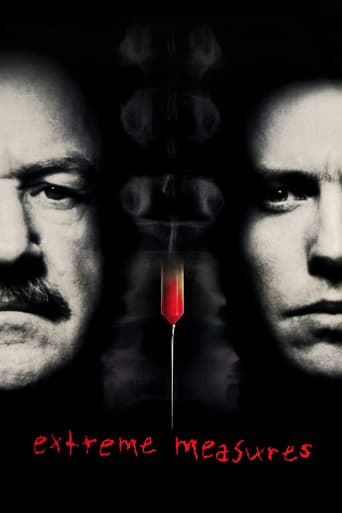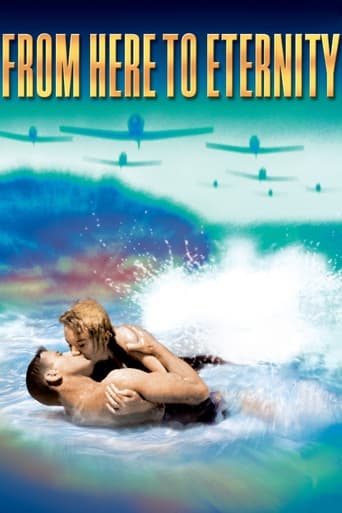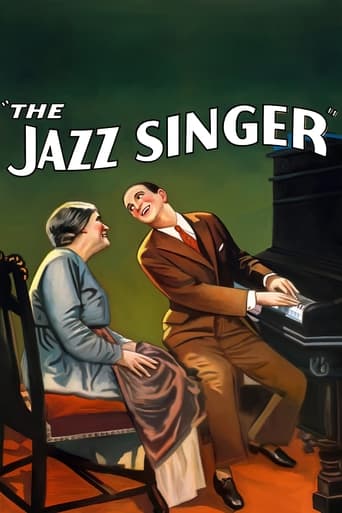
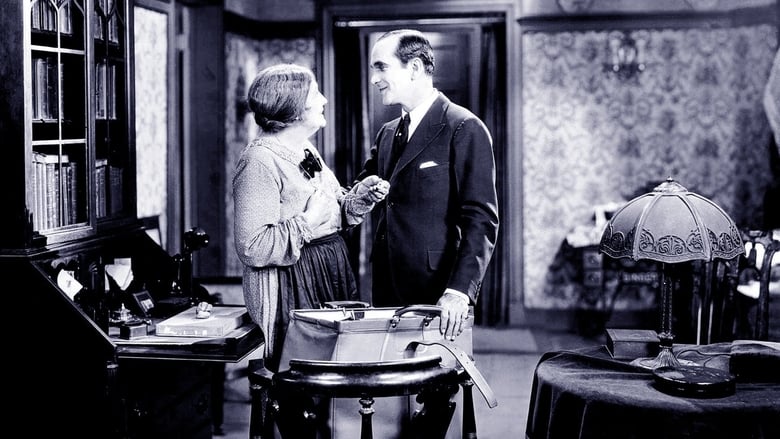
The Jazz Singer (1927)
A young Jewish man is torn between tradition and individuality when his old-fashioned family objects to his career as a jazz singer. This is the first full length feature film to use synchronized sound, and is the original film musical.
Watch Trailer
Cast
Similar titles
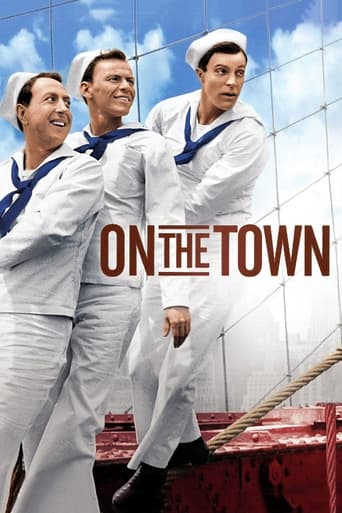
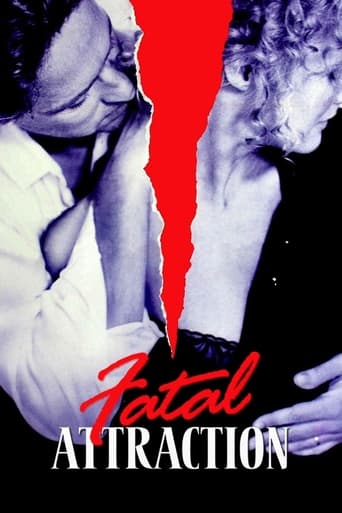
Reviews
Simply A Masterpiece
Great Film overall
A lot of perfectly good film show their cards early, establish a unique premise and let the audience explore a topic at a leisurely pace, without much in terms of surprise. this film is not one of those films.
Great movie. Not sure what people expected but I found it highly entertaining.
The Jazz Singer is an important movie in the history of cinema. First feature-length movie with audible dialogue. It was also the the first film musical. These factors are enough for the film lovers to watch it immediately. But, more than that this is a beautiful, emotional musical drama.Jackie is the only son of a Cantor. He was very much interested in music, but it was Jazz music. When his father came to know about it, he whips Jackie. Jackie runs away. Years later, he becomes a successful jazz singer. He meets a beautiful girl. He makes a comeback to home on his greatest achievement of his life. But, that puts him under a tough situation. A dilemma. He has to make a choice. "~It's a choice between giving up the biggest chance of my life and breaking my mother's heart~".Emotions, situations, music, love, affection all mixed up to get a beautiful movie. One of the best Hollywood films that portrays Mother-Son-Father bond.Do not miss the first talkie. Highly recommended.#KiduMovie
This is one of the few if not the only movies I actually read about in history books! It's great that I've watched something that is such a landmark in history! The weird thing is that most of this film is in fact a silent movie. Now, there are a lot of songs that are sung with actual sound, but there's only a single sequence that the actors actually use dialogue while talking normally. It's weird how they used it just then. I guess it was so early it would have been too difficult to make the whole movie like that. Yeah, easily the best part. I really wonder what the first completely talking movie was.Perhaps it was The Marx Brothers' "The Coconauts"? It's easy to see some of these scenes being reenacted in "The Artist". The weird thing is that plot wise, the film is most known for having Al Jolson in blackface. That actually doesn't appear until two thirds into the movie, so it might not be that big a deal. I admit that the story itself could be better. It's a guy who becomes a jazz singer against the wishes of his Jewish father. Were there some Hanukah references in there? There should be some Hanukah movies. It's still nicely acted with a good plot. It will live on forever! ***
Finally after all these years of hearing about this movie, and seeing clips from it in historical film documentaries, I finally watched it! And I really liked it too! The story is universal and still applies today, Jolson was great as the Jewish cantor's son who wanted to be a jazz singer instead of a cantor like his father. Of course this movie is famous for having bits of dialogue spoken, and they are spoken during the song sequences. This device is both really cool, and makes you wish the whole movie were a talky, but it also is kinda annoying at times too, as the transitions are a bit awkward. Overall, I really liked this movie, though, it's got heart.
Take away The Jazz Singer's gimmick and it would be remembered as just another movie from the 1920's. This film, however, is widely acknowledged as the first talking picture. It stars Al Jolson. It's a universal story of dogged pursuit of career and Daddy Issues. Those are legit reasons (particularly the sound thing) to keep it somewhat relevant, but it's also pretty dumb. Had it been made a few years into the sound era, it certainly wouldn't have been recognized by the American Film Institute on their 1998 Top 100 list.Even at that, the talking scenes are mostly just Jolson singing and doing his jazz act. When they give him and his mother (Eugenie Besserer) a scene that isn't about music, he's stiff and you can hardly hear what she's saying. Sure, this was all new to people who'd been making movies for years without having to worry about dialogue. They were infants in the land of audio. You gotta cut them a little slack.Okay, slack cut. Back to beefing. This is one more in a long line of movies that rely on the "you perform tonight even though your father is on his death bed or you're through" crutch. Nothing like a good guilt trip dealt out by show biz types who've OFTEN put their career goals over the needs of their family. As for whether not Jack Robin (Jolson) puts his father's dreams of the son becoming a Jewish cantor over the son's jazz career...that shall not be spoiled here. There IS much hand-wringing over it though, often literal hand-wringing.And then there's the blackface! Arguments could be made that this movie was just paying homage to the racist staple of vaudeville days of yore and weren't trying to make fun of black people. Still, we can't just forgive them in their ignorance. It's great that the movies finally got to speak in 1927 and The Jazz Singer was sound's godfather. They might have looked a little harder for a more worthy story. And they could've found a way to avoid that blackface.If this snapshot review made you yearn for more, check out the website I share with my wife (www.top100project.com) and go to the "Podcasts" section for our 32-minute Jazz Singer 'cast...and many others. Or find us on Itunes under "The Top 100 Project".
